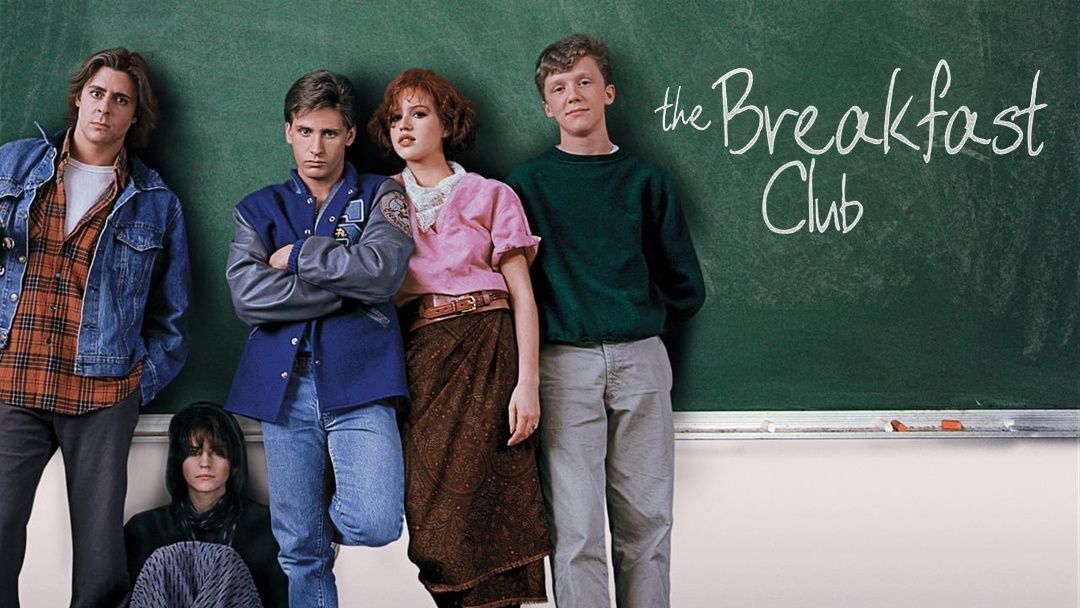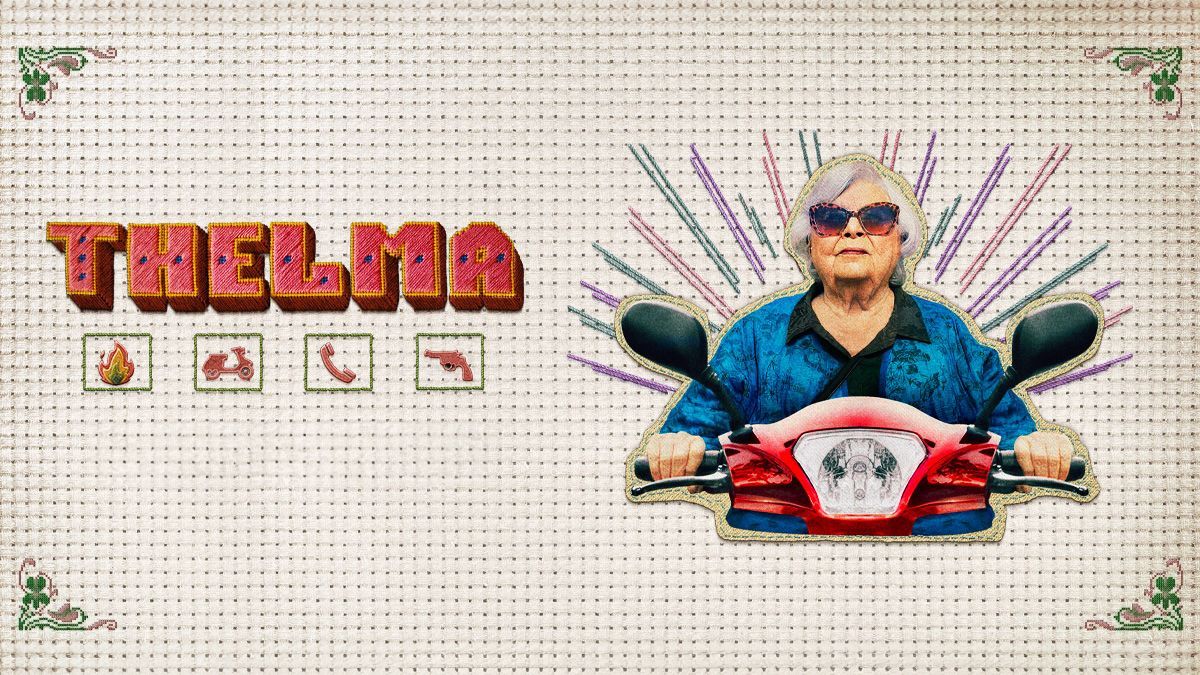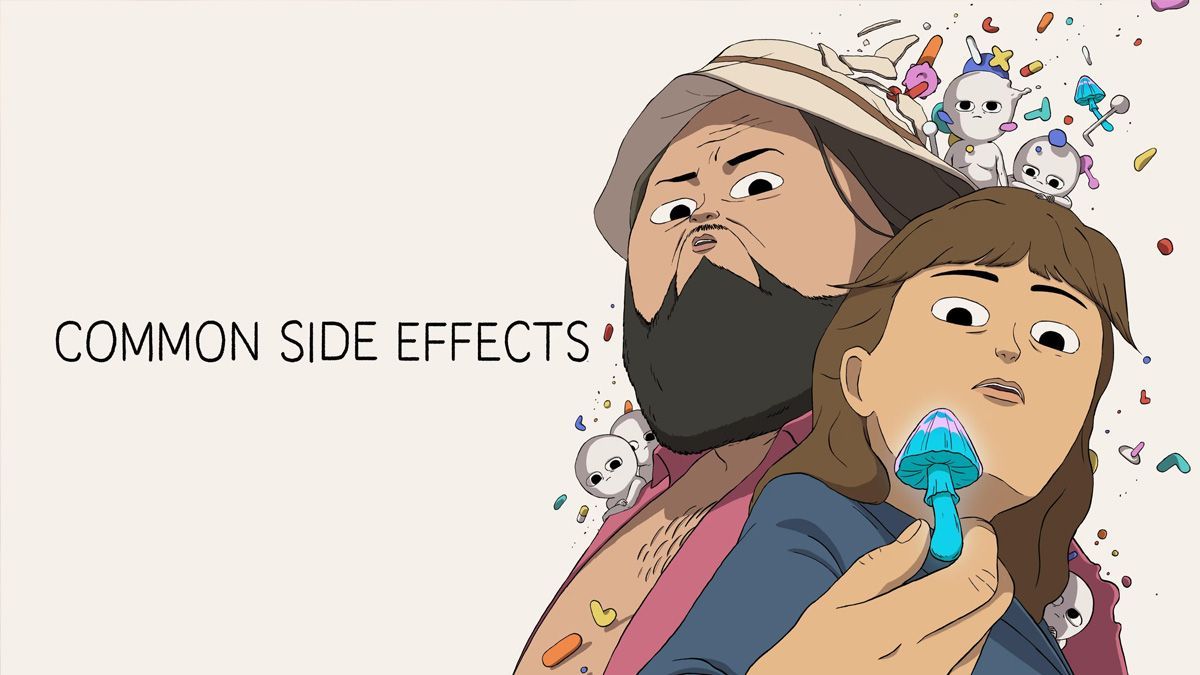
Amac Reports: The AP Stylebook announced via Twitter last Thursday that “the” labels, as used in phrases like “the poor,” “the college-educated,” and even “the French,” are no longer acceptable, deeming them “too general” and “dehumanizing.” To those of us whose job isn’t inventing new things to be offended by, decreeing that the most common word in the English language is “insensitive” may seem trivial, silly, and completely unnecessary – and it is. But the ridiculousness of the AP’s edict doesn’t discount its real and harmful impact, nor the disturbing cultural trend it represents.
The AP Stylebook is what virtually every American high school and college student turns to for standard writing conventions – and is what their teachers and professors grade them against. A college student who writes “the homeless” instead of “people who are experiencing homelessness” in a public policy essay may now lose points on the assignment for failing to comply with AP style guidelines.
In other words, if students refuse to embrace the left’s wholesale rewrite of the English language, their grades will suffer. That should have every parent and politician concerned about indoctrination in schools on edge.
The AP is also just one of the prominent cultural institutions attempting to categorize everyday speech as “offensive.” In December, we learned that the language police at Stanford had spent 18 months and untold millions of dollars creating a list of “harmful language” that included words like “grandfather,” “prisoner,” “chief,” and even “American.” (Stanford administrators also included “crazy,” “dumb,” and “lame,” in their index of dangerous words, presumably to justify labeling their critics as bigots.)









